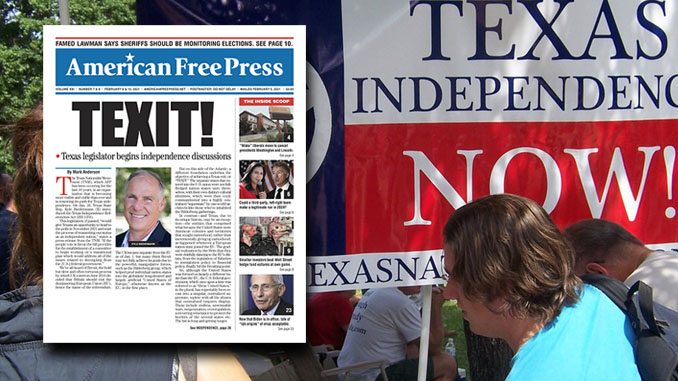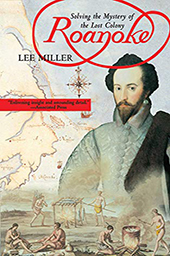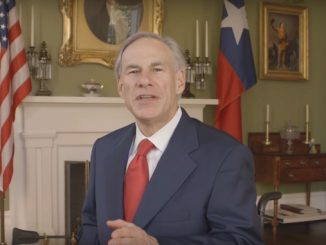
Texas legislator begins independence discussions.
By Mark Anderson
The Texas Nationalist Movement (TNM), which AFP has been covering for the last 10 years, is an organization that is becoming more visible and viable than ever and is renewing its push for Texas independence. On Jan. 26, Texas State Rep. Kyle Biedermann (R) introduced the Texas Independence Referendum Act (HB 1359).
This legislation, if passed, “would give Texans an opportunity to head to the polls in November 2021 and start the process of reasserting our status as an independent nation,” states a press release from the TNM. “If the people vote in favor, the bill provides for the establishment of a committee to begin working on a transitional plan which would address all of the issues related to decoupling from the [U.S.] federal government.”
We’ve all heard of Brexit, the bold but slow and often tortuous process by which UK voters in June 2016 decided that Britain should exit the domineering European Union (EU), hence the name of the referendum. The UK separated from the EU as of Jan. 1, but many think Brexit may not fully achieve its goals due to the powerful, manipulative forces, such as the Bilderberg group, which helped prod individual nation states into the globalists’ long-desired and largely artificial “United States of Europe,” otherwise known as the EU, in the first place.
But on this side of the Atlantic, a different foundation underlies the objective of achieving a Texas exit, or “TEXIT.” The separate states that entered into the U.S. union were not full-fledged nation states unto themselves, with their own distinct cultural identities, which were then coyly commandeered into a highly centralized “superstate” by one-world architects like those who’ve inhabited the Bilderberg gatherings.
In contrast—and Texas, due to its unique history, may be an exception—the entities that comprised what became the United States were American colonies and territories that sought nationhood, rather than incrementally giving up nationhood, as happened whenever a European nation state joined the EU. The gradual realization by the Brits that they were dutifully dancing to the EU’s diktats, from the regulation of fisheries to immigration policy to financial policy, finally hit the breaking point.
So, although the United States was formed on largely a different basis than the EU, the U.S. federal government, which once upon a time was referred to as “these United States,” in the plural, has regrettably been recast into a singular, centralized superstate, replete with all the abuses that centralized empires display. These include endless, unwinnable wars, mega-taxation, over-regulation, a recurring reluctance to protect the borders of the several states etc. The list is long and getting longer.
ABOUT H.B. 1359
Biedermann says TEXIT’s goal is for Texas to become a “self-governing nation,” based on the Texas constitution’s Article 1 Bill of Rights, which explains as follows that Texas’s membership in the U.S . is conditional:
That the general, great and essential principles of liberty and free government may be recognized and established, we declare: Sec. 1. Freedom and Sovereignty of State. Texas is a free and independent State, subject only to the Constitution of the United States, and the maintenance of our free institutions and the perpetuity of the Union depend upon the preservation of the right of local self-government, unimpaired to all the states.
“Today, I filed H.B. 1359, the Texas Independence Referendum Act. For decades, the promises of America and our individual liberties have been eroding. It is now time that the people of Texas are allowed the right to decide their own future. This is not a left or right political issue,” Biedermann noted via his Twitter account on Jan. 26.
Tommy Oliver, editor and writer for the Texas-based grassroots blog “Current Revolt,” observed: “Despite claims by seditionist, anti-democracy activists. . . Texas can in fact declare independence if the conditions of union membership outlined in the Texas constitution are found to have been violated. . . . The push for independence has widespread support, with only hardline federal supremacists opposing Texas independence.”
Interestingly, the Texas Nationalist Movement has assessed the Lone Star State’s “political infrastructure” and is of the opinion that Texas stacks up well against other self-governing countries. Specifically, the TNM noted:
- Texas has the world’s 10th largest economy;
- Texas ranks 40th in the world in size and 47th in the world in population;
- Texas ranks 40th in the world in the size of its labor force and is a net global exporter, ranking 22nd in the world and leading all other states in the United States (93% of Texas exports are manufactured exports);
- Texas is the 12th largest technology exporter in the world and ranks 19th in the world in the size of its active farms and ranches;
- Texas is the largest energy producer in the United States, accounting for more than half of the entire national energy production and one-quarter of the refining capacity with over 26 petroleum refineries, and has the 7th largest coal reserves; and
- Texas has its own power grid and is the world’s 6th largest producer of wind energy.
In Texas, “You will also find a state-level analog for every single cabinet-level federal department,” the TNM points out. Furthermore, Texas has its own military. The Texas Military Department’s three branches are the Texas Army National Guard, the Texas Air National Guard, and the Texas State Guard. All three are administered by the state adjutant general, an appointee of the governor, and fall under the governor’s command. The State Guard, which is exclusively under the governor’s command, is divided into six army regiments, two air wings, three maritime regiments, and three medical battalions. The Texas Army National Guard consists of the 36th Infantry Division, 71st Troop Command, and the 176th Engineering Brigade. The Texas Air National Guard consists of the 149th Fighter Wing, 147th Attack Wing, and the 136th Airlift Wing.

For this bill to have a fair chance, the legislators behind it must act resolutely, since the part-time legislature only meets every other (odd) year, from January through May in terms of regular sessions. The governor can call special sessions.
Do you support Texas’s efforts? Let us know.
Mark Anderson is AFP’s roving editor. Email him at [email protected].






